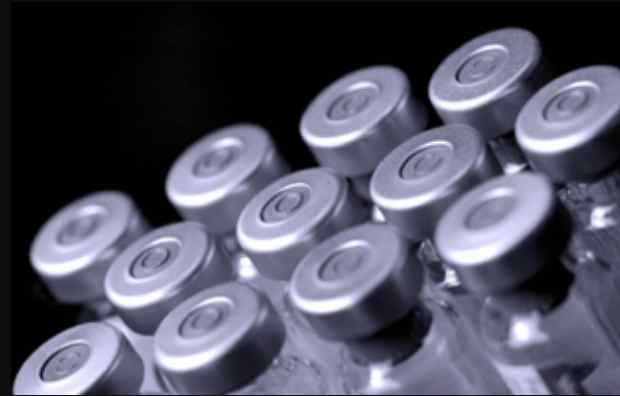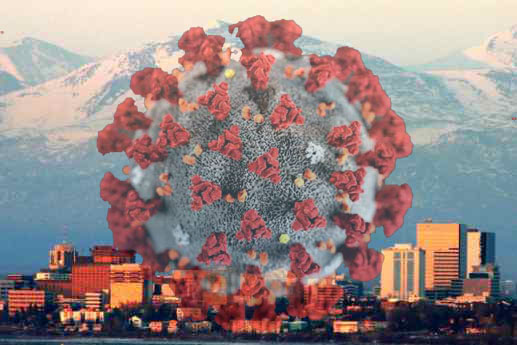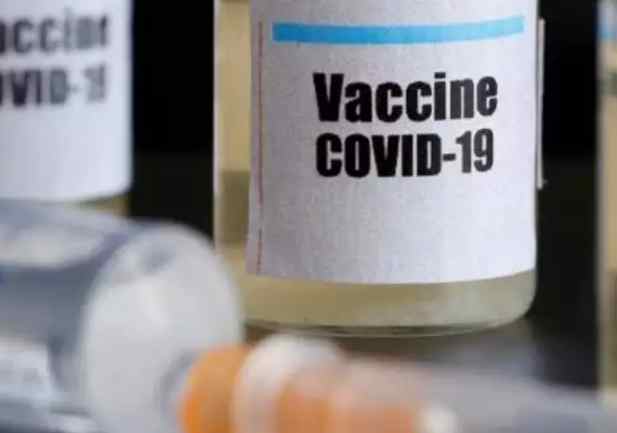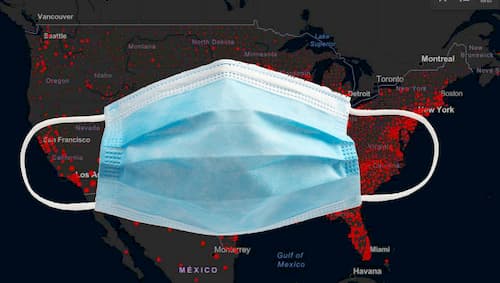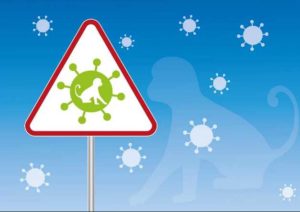
ANCHORAGE – While the risk of monkeypox for the general public remains low, Alaskans should be aware of monkeypox and how it spreads. The disease is new to Alaska but is not a new disease. Monkeypox testing and vaccines are available in Alaska to help prevent further transmission. Treatment is also available in a small supply and may be considered for some patients.
“While the risk of monkeypox for the general public remains low, this is a serious public health concern because of how quickly it is currently spreading in the United States,” said Dr. Joe McLaughlin, state epidemiologist and chief of the Section of Epidemiology. “Fortunately, we have the tools here in Alaska to help identify cases, prevent further transmission and treat infected people who are at risk for severe disease. We can slow the spread of this virus by detecting cases quickly and vaccinating those who are eligible to receive the vaccine.”
Currently, the Alaska Department of Health (DOH) has reported three cases of monkeypox in Alaska residents to the Centers for Disease Control and Prevention (CDC). An additional case has been detected in a nonresident. Alaska’s resident cases can be found on the CDC’s case count map for the 2022 United States outbreak. As of today, monkeypox cases have been reported in 49 other states, plus Puerto Rico and the District of Columbia, according to the CDC.
Monkeypox testing
Alaskans should seek testing if they have signs and symptoms of monkeypox, even if they do not have a known exposure, to help detect cases as quickly as possible. People with suspected monkeypox are advised to keep their rash covered and to stay home while test results are pending. Alaskans should be aware that testing is widely available in many parts of the state. Contact your local public health center or a health care provider if you suspect monkeypox.
Monkeypox vaccine
DOH expanded the eligibility for the monkeypox vaccine on Friday, August 12, and is partnering with Alaska’s Tribal health system to ensure statewide access to the vaccines. Monkeypox vaccine is currently available in Alaska for people who have been exposed to monkeypox and for people at high risk of exposure before an exposure occurs. The JYNNEOS vaccine is currently recommended for these people in Alaska:
- People who have been identified by public health authorities as a contact with high or intermediate risk exposure to monkeypox or people who believe they have been exposed to monkeypox (this can include an anonymous notification of exposure)
- Gay, bisexual, or other people assigned male at birth who have sex with people assigned male at birth, or transgender people, AND have had multiple or anonymous sexual partners in the past 6 months
Following a decision by the Federal Food and Drug Administration this week, the vaccine can now be administered intradermally (into the skin) for adults aged 18 years and older. This method of injection uses a smaller amount of vaccine, and helps providers get more doses from a single vial of vaccine, which increases our supply and expands eligibility.
People who meet the criteria above should contact their local public health center if they wish to be vaccinated. In Anchorage, Fairweather, LLC is offering the vaccine seven days a week from 9 a.m. until 5 p.m. at their Tikahtnu Commons clinic (1130 N. Muldoon Road, Suite 110). People can make an appointment with Fairweather on PrepMod; walk-ins are also accepted.
Monkeypox treatment
The Alaska Division of Public Health has received a small supply of tecovirimat (TPOXX) from the federal government. This drug is licensed for the treatment of smallpox and may be available for the treatment of monkeypox under an expanded access Investigational New Drug protocol.
TPOXX treatment may be considered for patients with severe disease, those at increased risk of severe disease (e.g., due to an immunocompromising condition), or in some other clinically relevant cases. More details on TPOXX are available from the CDC. Health care providers should contact the Section of Epidemiology at 907-269-8000, or 1-800-478-0084 after hours, to discuss obtaining TPOXX.
Monkeypox prevention
To prevent the spread of monkeypox, avoid close contact with people who have recently been diagnosed with monkeypox or with people who have monkeypox symptoms such as a characteristic rash.
Monkeypox is not a sexually transmitted disease, but it can be spread through prolonged skin-to-skin contact. Always talk to your sexual partner(s) about any recent illnesses. Be aware of new or unexplained sores or rashes on your body or your partner’s body.
If you are in close contact with someone who has symptoms, for example if you live with someone who has monkeypox, wear a face mask, limit skin-to-skin contact, avoid touching objects used by someone with monkeypox and wash your hands often with soap and water or use hand sanitizer.
More resources:
- DOH: Monkeypox Website
- DOH: JYNNEOS Vaccination Tiers in Alaska
- CDC: U.S. Monkeypox Outbreak 2022: Situation Summary
- CDC: Monkeypox Signs and Symptoms
- CDC: Monkeypox Prevention
- CDC: Considerations for Monkeypox Vaccination
# # #[content id=”79272″]

